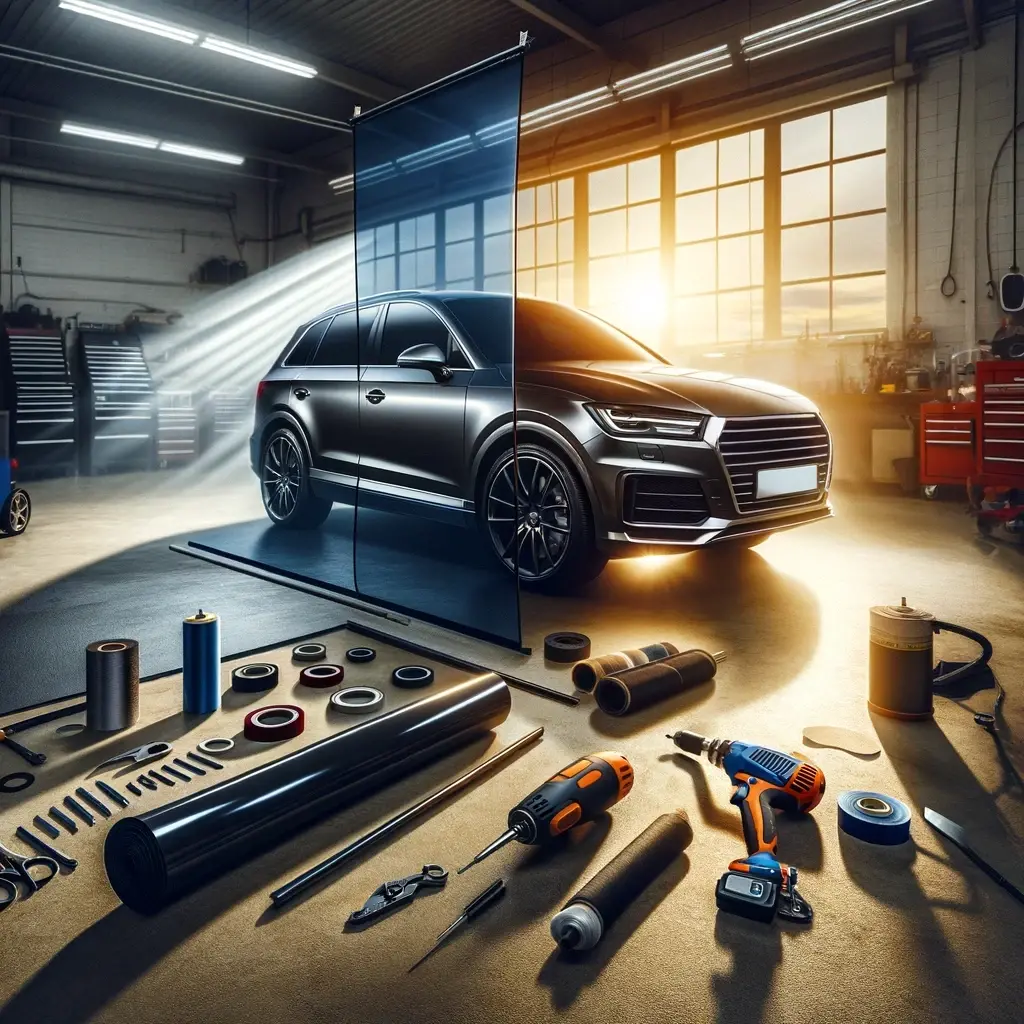
Did you know that, according to a recent survey, 45% of motorists opt for window tinting to enhance their vehicle’s appearance?
You’re probably wondering what’s all the fuss about auto window tinting. Well, it’s more than just aesthetics. There’s a whole science behind it, a myriad of technicalities that affects everything from visibility to UV radiation reduction.
We’ll unpack the specifics of different types of tints, delve into the laws regulating their use, and even touch on how they impact your car’s interior. Intrigued yet?
Let’s peel back the layers to reveal what lies beneath the surface of that sleek, glossy tint on your car windows.
Understanding Auto Window Tinting
To fully appreciate the benefits of auto window tinting, it’s crucial to understand its functionality and the different types available. Auto window tinting is more than an aesthetic enhancement. It’s a protective layer that blocks harmful UV rays, reduces heat, and increases privacy.
You’ll find several types in the market, each with unique properties. There’s dyed window tint, the most affordable type, which absorbs heat but may fade over time.
You’ve got metallic tint, which reflects heat and UV rays but might interfere with your gadgets. Carbon tint doesn’t fade and is great at blocking heat.
Legal Aspects of Car Tinting
While understanding the types and benefits of auto window tinting is crucial, it’s equally important to be aware of the legal implications that may accompany its use. Each state has its own regulations on window tinting, and non-compliance can lead to hefty fines. So, before you go ahead and get those windows tinted, make sure you’re familiar with your state’s laws.
The legality of window tinting mostly revolves around two factors: the Visible Light Transmission percentage (VLT%) and the tint’s reflectivity. Some states also have restrictions on the colors of tint that can be used. To play it safe, always consult with a professional or your local Department of Motor Vehicles (DMV) before making a decision.